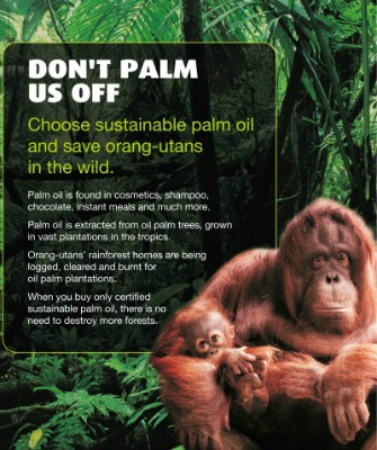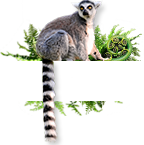One of the key roles of a modern zoo is conservation advocacy, educating visitors on the plight of the animals in our care whilst delivering messages outlining how people can become involved. Orana is used as a “living classroom”, providing curriculum-linked educational experiences that encourage children to act responsibly towards the environment. Interpretation at animal exhibits is critical in conveying conservation information to visitors, demonstrating how they can assist. Orana’s interpretation includes daily presentations (animal feeds/guided tours) with specific ‘take home conservation messages’ combined with exhibit signage.

Advocacy

Our participation in international breeding programmes is the reason that Orana Wildlife Park exists, but the animals have a greater role to play than the insurance population they provide for those in the wild, greater even than the breed-for-release programmes many are a part of. These animals show us all how we impact on the planet's biodiversity and how important it is to preserve it - for the animals and ourselves. Through more than a dozen daily presentations, numerous activities and educational resources, Orana Wildlife Park staff provide visitors with simple, daily actions to save the animals we cherish.
Orana Wildlife Park participates in international campaigns and community education programmes that seek to inform our visitors and encourage the behaviour changes that will preserve the environment for future generations to enjoy.
Orana’s education team delivers custom written formal education programmes to thousands of school students per year. All programmes include conservation action messages chosen specifically for the school community such as planting native species, washing your car on the grass and not feeding kea. A large number of programmes have been specifically developed to support secondary School students in NCEA Achievement Standards in, for example, Animal Behaviour, Human Evolution and Genetics. The vast majority of programmes have a heavy focus on native species.
An MOU is in place with the Jane Goodall Institute NZ relating to their Roots and Shoots programme to support schools in addressing conservation issues in their community. The Park has partnered with Lincoln and Canterbury Universities as a key learning centre for the Children’s University, both onsite and through online learning experiences.
Conservation advocacy is a key role of Orana to ensure all visitors feel a connection with and responsibility towards the natural environment. Park visitors are exposed to "take home messages” through daily presentations/exhibit interpretation/QR codes, such as keeping a dog on a leash to protect kiwi and responsible purchasing, to provide them with the motivation, understanding and skills necessary to take part in actions that lead to a sustainable lifestyle.
These conservation messages are delivered through an internationally recognised framework: “Connect, Understand, Act”, a model that focusses on actions everyone can take to help alleviate environmental issues.

